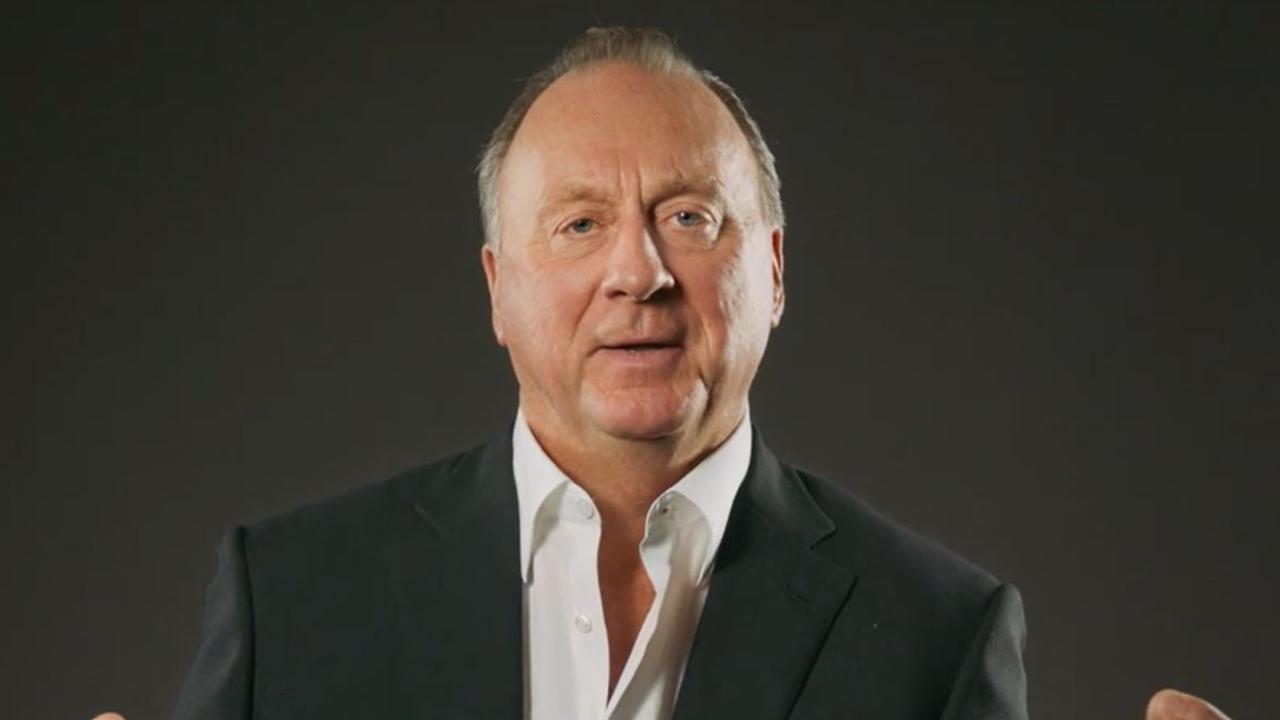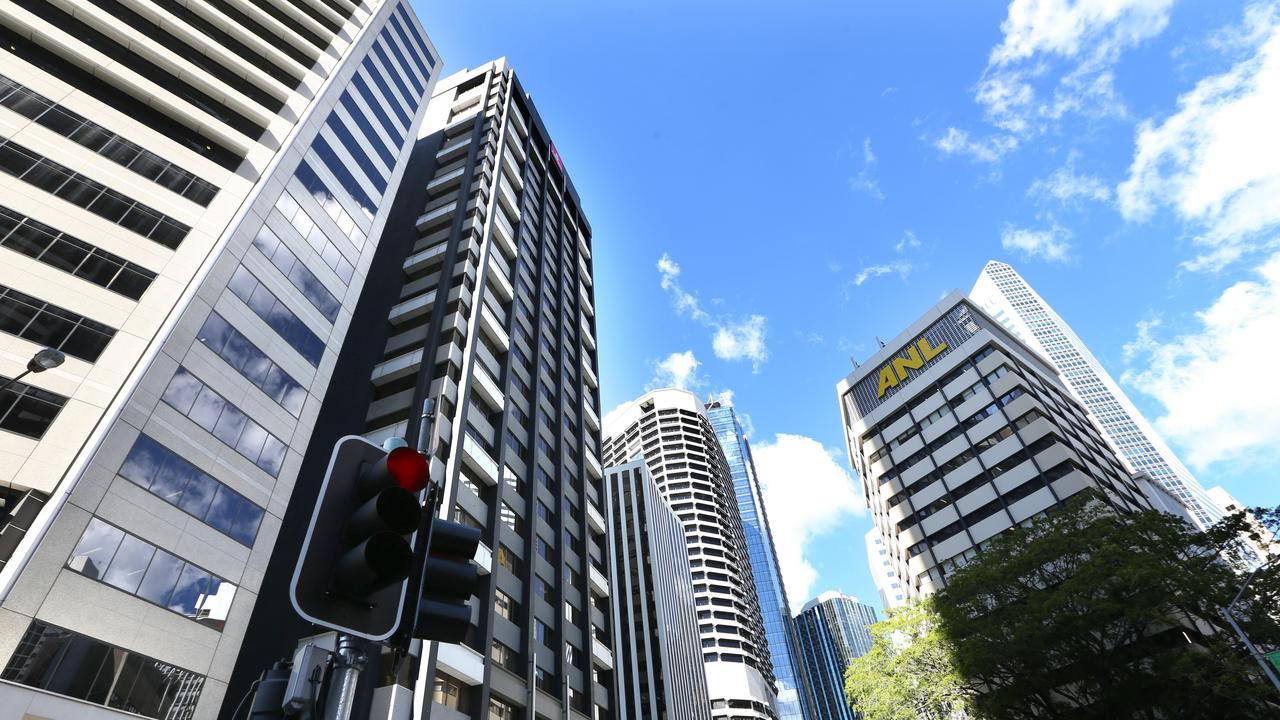Social media giants ‘ignore’ SocialProtect, an Aussie start-up helping protect kids online
Meta and other social media giants have snubbed an Australian start-up that has developed a tool to block online abuse in less than a second.
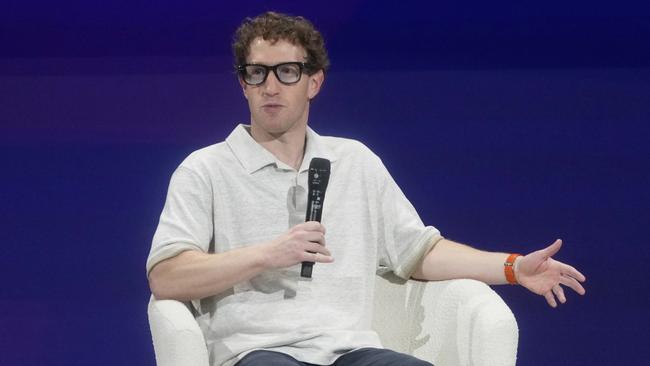
Facebook owner Meta and other social media giants have snubbed an Australian start-up that has developed a tool to block online abuse in less than a second, arguing harmful rather than positive content keeps users hooked.
Shane Britten, a former ASIO agent and adviser to three prime ministers, has developed SocialProtect after one of his family members was bullied and attempted suicide.
He has launched the tool across several AFL and NRL clubs but continues to be hamstrung by the social media behemoths.
Elon Musk’s X charges $US5000 ($7780) to potentially a “hundreds of thousands of dollars” month to access its application programming interface to allow SocialProtect to block abusive posts on behalf of its users.
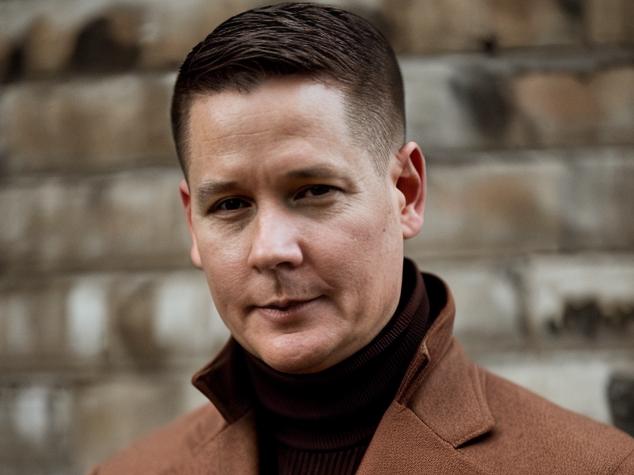
But Meta doesn’t provide its API “hook” on personal profiles to intercept harmful content.
“There is no way for us to protect people on normal Facebook, your normal Facebook profile, because they don’t make that hook available,” Mr Britten said. “The only thing we can do is a Facebook page, so that means a public figure or a business page.
“It doesn’t work on personal profiles.”
A Meta spokeswoman said “enabling a third party, unknown to users, to access individual users’ content” was against its privacy commitments to regulators and members.
But Mr Britten said SocialProtect operated with the explicit consent of its users. “We don’t need a user to share their credentials. The system isn’t pretending to be the person,” he said.
Facebook whistleblower Sarah Wynn-Williams recently revealed that Meta was preying on vulnerable teenagers, targeting them with a barrage of ads based on their emotional state, igniting harm including suicide, eating disorders and depression.
The Australian originally revealed the tactics the $US1.48 trillion company used to monetise the mental health struggles of children as young as 13.
Ms Wynn-Williams – a former director of global public policy at Facebook, which rebranded itself as Meta in 2021 – told company senior executives it didn’t need to engage in such behaviour, given its dominance of the market.
“One of the discussions I had with one of the business leaders was like, we just don’t need to do this. Meta is now a trillion-dollar company. It is not short of money. It doesn’t need to do this,” Ms Wynn-Williams told a US Senate Judiciary Committee in April.

“And what he explained to me is like, you know, ‘we’ve got the most valuable segment of the population. You know, advertisers really want to reach 13 to 17-year-olds, and we have them. We should be trumpeting it.’ It’s really just extraordinary.”
The Australian government has launched a world-first ban on children under 16 accessing social media, and other countries including Britain and New Zealand are considering a similar move.
Mr Britten said a ban was a “good starting point” but there was “no single solution”.
“It needs to be a multi-layered approach. But the key to all of this is education and understanding.
“With the lack of things like public hooks from, say, Snapchat in the SocialProtect app, we built an education hub to help people understand: ‘Well, here are the settings that Snapchat does let you change as a user. Here’s where they sit in settings. Here’s how to adjust them, and here’s what each one means and the consequences for your safety.’ We give that on demand to people.”
A plan to “kidnap” the Wallabies with then coach Michael Cheika and Mr Britten for a team bonding exercise before the 2015 Rugby World Cup prompted the germination of SocialProtect.
“I remember asking one of the Wallabies, is there anything on your phone that would embarrass the team or the country if a journalist found it during the World Cup? And he goes: ‘No, no, of course not.’ And I said: ‘All right, unlock your phone and give it to me.’ And he’s like, oh shit. That started the conversation.”
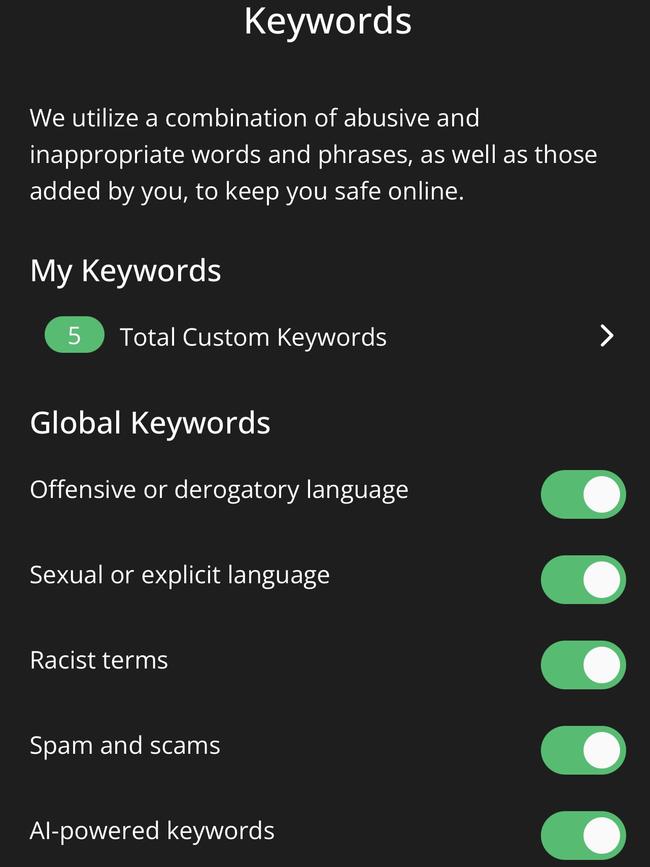
Then Rugby Australia tore up Israel Folau’s contract in 2019 after he posted on Instagram that “drunks, homosexuals, adulterers, liars, fornicators, thieves, atheists and idolaters” would go to hell unless they repented.
“Michael (Cheika) and I had been speaking for a while about the focus on protecting clubs and leagues from players doing silly things online and posting inappropriate content and whatever.
“I thought: why isn’t big tech doing something in this space? The government doesn’t know what to do, and then you’ve got big tech who doesn’t want to do it because they make money off it.
“So it was: ‘All right, well, let’s do something about it.’ And we kind of came up with the idea that can we proactively remove this stuff? We did some initial testing, and we’re fortunate to have some access to a couple of NRL teams to do some testing with us and prove that we could.”
In 2023, Brisbane-based tech company SixPivot rebuilt the platform and Mr Britten took it commercial.
“We’re an authorised app, so separate from some of the other tools that are out there. We basically submit what we want to do and which technical hooks of the platform we want access to, and then they (the user) approve or don’t (approve) what our app does. We did have a client who had a hyperlink post on to their Facebook page that was a link to child sexual abuse material. We deleted that link in 0.3 seconds after it was posted, so no one was able to click on it.”
There is a free version as well as a paid subscription model.
“We’ve committed, as long as I control the company, there will always be a free version. The features that cost us money are locked. So, for example, you can’t access Twitter because it costs us. And there’s things like AI-powered keywords because, again, that’s a cost to the company. But then an individual user can then pay $5 a month to have access to all the features and link as many accounts as they need to.”
A Meta spokeswoman said: “Meta’s privacy settings empower users to control who can see and interact with their content.”
Originally published as Social media giants ‘ignore’ SocialProtect, an Aussie start-up helping protect kids online


